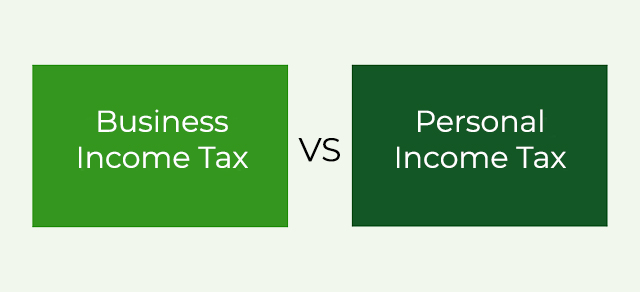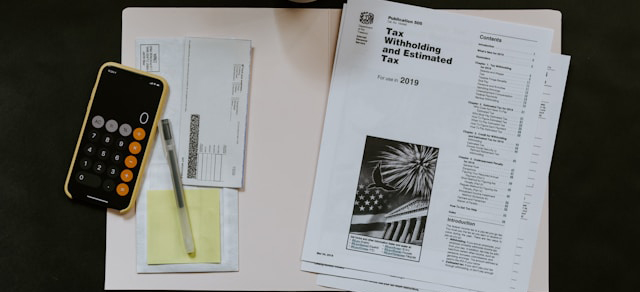
Essential Documentation for Bookkeeping and Compliance
As a business owner, maintaining accurate and complete records is crucial for both bookkeeping and compliance purposes.
Proper documentation not only ensures that your financial statements are reliable but also prepares you for potential audits and helps in making informed business decisions.
This article will explore the essential paperwork and financial records that business owners should maintain for accurate bookkeeping and compliance.
Financial Records
The backbone of your bookkeeping system consists of various financial documents that track your business’s income and expenses. These include:
– Receipts and Invoices
– Bank Statements
– Credit Card Statements
– Canceled Checks
– Deposit Records
– Payroll Records
– Payroll Tax Records
– Tax Filings and Supporting Documents
– Accounting Services Records
Maintaining these records is crucial for tracking your business’s financial health and ensuring compliance with tax regulations [1].
Business Documentation
In addition to financial records, certain business documents are essential for compliance:
– Articles of Incorporation
– Annual Reports
– Ownership Records
– Business Permits and Licenses
– Contracts
These documents establish your company’s legal existence and provide evidence of your compliance with various regulations [2].
Employee and Contractor Records
Proper documentation of your workforce is crucial for both tax and labor law compliance:
– Employee Files
– Job Applicant Information
– Employment Tax Forms
Keeping detailed employee records helps ensure compliance with employment laws and simplifies the process of filing required tax forms [3].
Asset Documentation
Tracking your business assets is important for both tax and financial reporting purposes:
– Purchase and Sales Records
– Depreciation Schedules
Proper asset documentation allows for accurate financial reporting and helps in calculating depreciation for tax purposes [4].
Operational Records
Day-to-day operational records provide a detailed view of your business activities:
– Bank Account Statements
– Credit Card Statements
– Cash Receipts and Check Book Stubs
These records offer a comprehensive view of your business’s daily financial activities and are essential for accurate bookkeeping [5].
Record Retention Periods
The length of time you should keep records varies depending on the type of document and its purpose. According to the Internal Revenue Service (IRS):
– Most records should be kept for at least seven years to cover the typical audit period.
– Business tax returns should be kept until the IRS can no longer audit your return (typically three to six years).
– Payroll tax records should be kept for at least four years after the date the taxes were due or paid, whichever is later.
– Employee files should be retained for seven years after an employee leaves, is terminated, or retires. However, if there’s a work-related accident or claim, keep records for up to 10 years.
– Ownership records should be kept permanently.
Understanding and adhering to these retention periods is crucial for maintaining compliance with IRS regulations [6].
Conclusion
Maintaining proper documentation is a critical aspect of running a successful and compliant business. By keeping thorough and organized records, you’ll be better prepared for tax filings, audits, and making informed business decisions. Remember to consult with a professional accountant or bookkeeper to ensure you’re meeting all the specific record-keeping requirements for your industry and location.
Don’t Let Tax Obligations Overwhelm Your Business
Navigating the complex world of business taxes can be daunting, but you don’t have to face it alone. As we’ve explored in this article, understanding your tax obligations is crucial for the success and compliance of your business. However, every business is unique, and you may have specific questions or concerns about your tax situation.
Are you ready to gain clarity on your business tax obligations and develop a strategic plan to optimize your tax position? Take the next step towards financial confidence and peace of mind.
During this complimentary 15-minute consultation, we’ll:
- Discuss your specific business structure and tax concerns
- Identify potential areas for tax savings and optimization
- Provide initial guidance on managing your federal, state, and local tax obligations
- Answer your pressing questions about business taxes
Don’t let tax uncertainties hold your business back. Schedule your free personalized tax strategy call below and take control of your business’s financial future:
References:
[1] U.S. Small Business Administration. “Record Keeping for a Small Business.” https://www.sba.gov/business-guide/manage-your-business/stay-legally-compliant
[2] LedgerDocs. “Bookkeeping Document Checklist” https://www.ledgerdocs.com/bookkeeping-document-checklist-collect-and-organize-your-financial-documents/
[3] Internal Revenue Service. “Taking care of business: recordkeeping for small businesses” https://www.irs.gov/newsroom/taking-care-of-business-recordkeeping-for-small-businesses
[4] US Chamber of Commerce. “How Long Should You Keep Documents?” https://www.uschamber.com/co/start/strategy/how-long-to-keep-business-documents
[5] National Institute of Standards and Technology. “Small Business Information Security: The Fundamentals.” https://nvlpubs.nist.gov/nistpubs/ir/2016/NIST.IR.7621r1.pdf
[6] Internal Revenue Service. “How long should I keep records?” https://www.irs.gov/businesses/small-businesses-self-employed/how-long-should-i-keep-records


